Last Chance Beach, Battling Erosion in Barbados
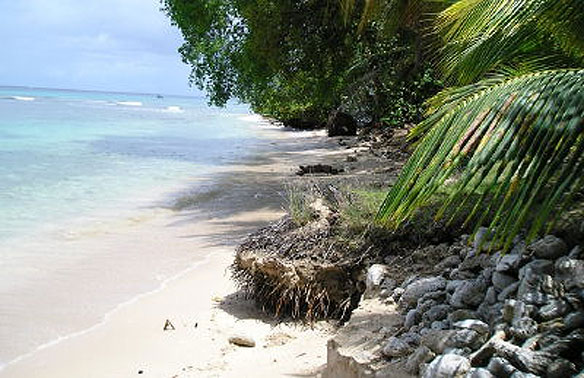
Around Barbados, the most serious threat to the beaches is the loss of coral reefs through nearshore pollution, primarily caused by domestic sewage, and physical clearing. As the reefs die, they lose their ability to reduce the energy and erosive force of incoming waves.
Reefs at Risk Report, Revisited: A Wakeup Call to Protect Coral

The new Reefs at Risk Revisited report is out, 13 years after the original Reefs at Risk, which was the first global assessment of the threats to Earth’s coral reefs and painted an alarming picture of their future. Today’s edition is even less rosy: three-quarters of the world’s coral reefs are at risk due to overfishing, pollution, climate change and other factors.
Acid Oceans Demand Greater Reef Care
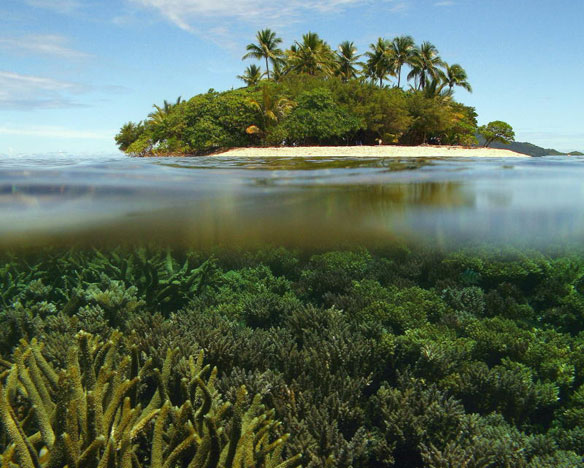
The more humanity acidifies and warms the world’s oceans with carbon emissions, the harder we will have to work to save our coral reefs.
North Australia set to face more weather extremes, corals show
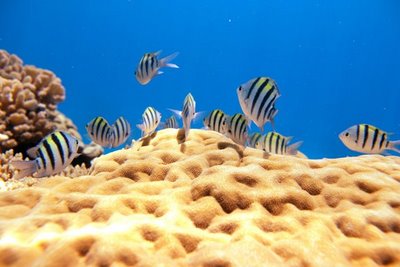
Like pages in a book, near shore corals can help scientists go back in time by revealing years that were unusually wet or dry, and are providing another piece of evidence that maybe suggests that we are seeing some consequences already of global warming.
Cyclone Adds to Barrier Reef’s Flood Woes
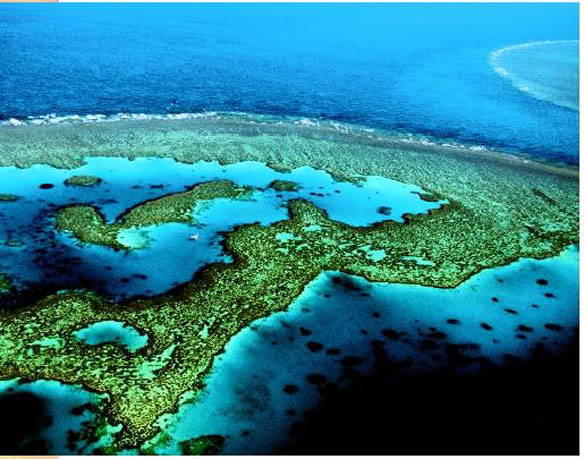
Smashed coral fragments have already begun washing up on Australia northeastern’s beaches.
Jamaica’s Land Reclamation and Coral reefs Damages

The problem-plagued Historic Falmouth Port has been plunged into a fresh round of controversy as green lobbyists are insisting that 20 hectares of coral and seagrass cover have been damaged due to the development.
18 Diving Sites Closed to Save Coral Reefs, Thailand
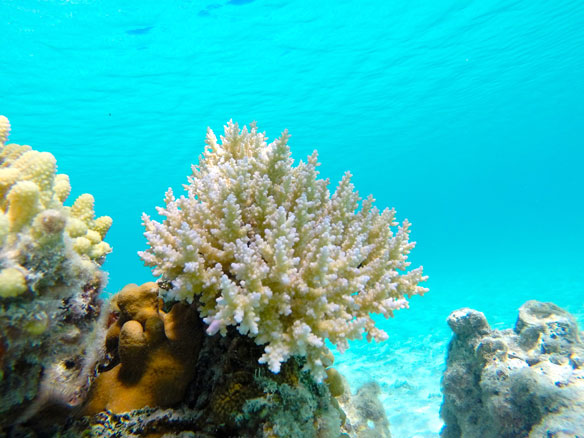
More than 80 percent of the corals at 18 dive sites have undergone bleaching, a symptom of severe stress caused by excessively warm water temperatures. Some of Thailand’s most popular diving sites are now off-limits to tourists for up to 14 months to allow damaged coral to recover.
Sea Urchins and Overfishing Impact on Kenya Coast’s Reefs

An 18-year study of Kenya’s coral reefs by the Wildlife Conservation Society and the University of California at Santa Cruz has found that overfished reef systems have more sea urchins, organisms that in turn eat coral algae that build tropical reef systems.
Some Coral Reefs Less Vulnerable to Rising Sea Temperatures

The findings hold promise for an estimated 100 million people living along the coasts of tropical developing countries whose livelihoods and welfare depend directly on coral reefs.
